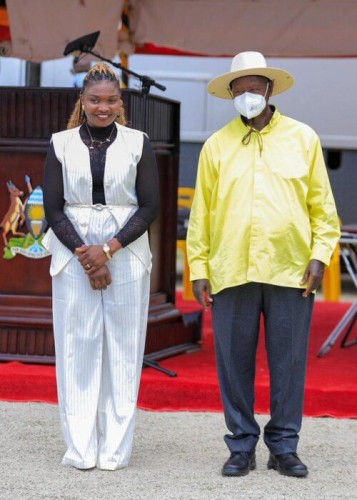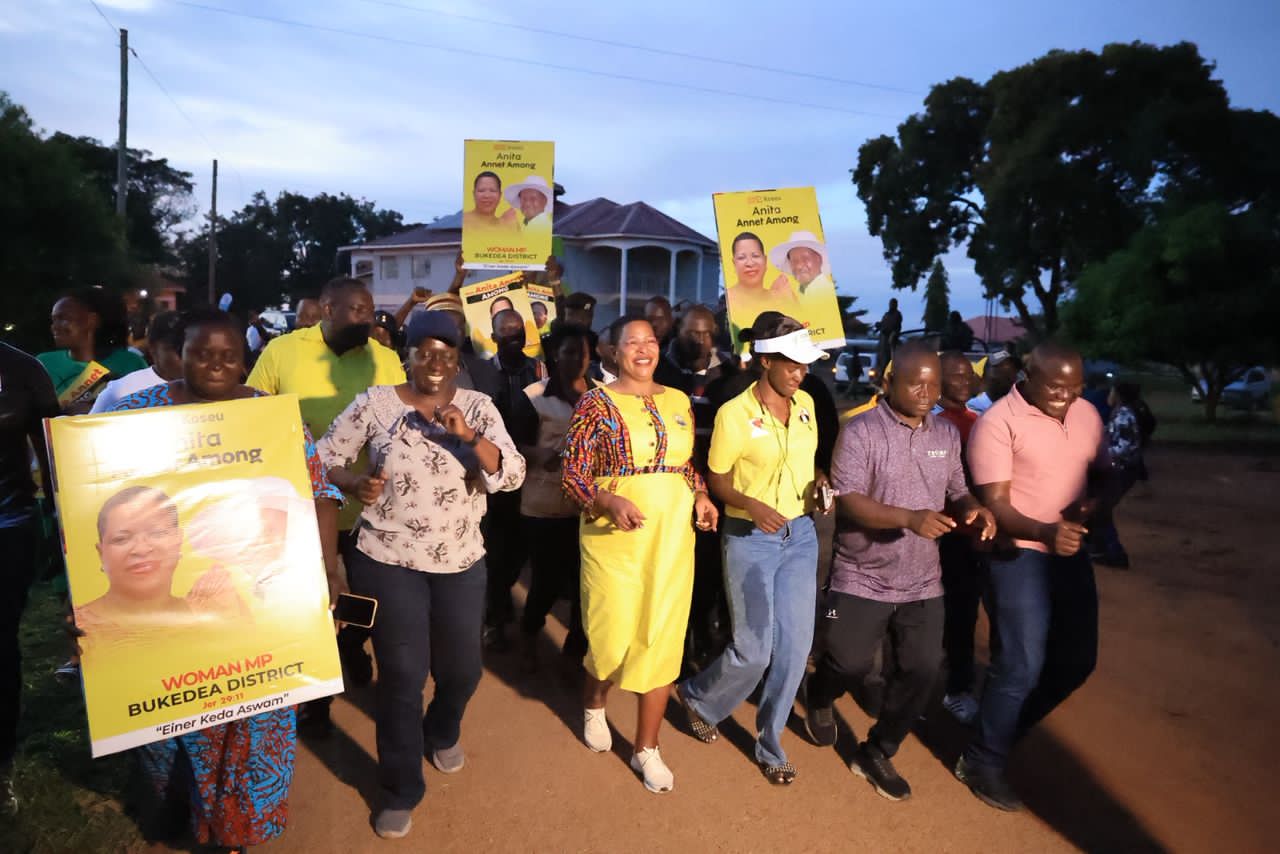
Arua City Woman Representative, Morine Osoru, has strongly opposed a proposal by the Minister of Justice and Constitutional Affairs, Nobert Mao, to limit women MPs to a maximum of 10 years in Parliament.
In an interview with Journalists at Parliament on Wednesday, Osoru criticized the proposal, stating it undermines the ongoing fight for women’s emancipation and gender equality in leadership. “Women have fought for affirmative action, and any proposal should apply equally to both men and women,” she argued.
Osoru acknowledged the progress but emphasized that women still strive to close the leadership gap. “We are working hard to ensure that women are represented at all levels, including local governments. Imposing term limits on women MPs implies that district and city councilors should follow the same rule, which is unacceptable.”
Earlier this week, Minister Mao unveiled plans to present a set of electoral reforms to the Cabinet, which includes transitioning to a parliamentary system where the president would no longer be elected directly by the public. The reforms also propose reinstating presidential term limits, among other changes.
These proposed reforms have sparked skepticism from various political actors in Uganda. Osoru suggested that if term limits are to be introduced, they should apply to all MPs, not just women. “A two-term limit for all MPs would be more effective in creating space for new faces in Parliament and encouraging the participation of young people in politics,” she added.
Osoru further highlighted the financial and political challenges young candidates face in Uganda’s increasingly commercialized political landscape. “In today’s politics, financial backing is essential, and having a ‘godfather’ or family connections often determines success.”
She also emphasized the unique challenges faced by women in leadership, stating that the road to political empowerment is fraught with obstacles. “The struggles we face from our male counterparts can be overwhelming. If there are amendments to the proposal, they must ensure fairness and inclusivity for all.”
Mao’s proposal also includes a significant structural change to Uganda’s Parliament, which would see the current unicameral system split into two houses: a lower house, representing directly elected members, and an upper house, potentially modeled after a Senate. This system would resemble bicameral legislatures found in countries such as the United States, the United Kingdom, and Kenya, with the upper house comprising members elected or appointed based on regional representation, professional expertise, or presidential nominations




